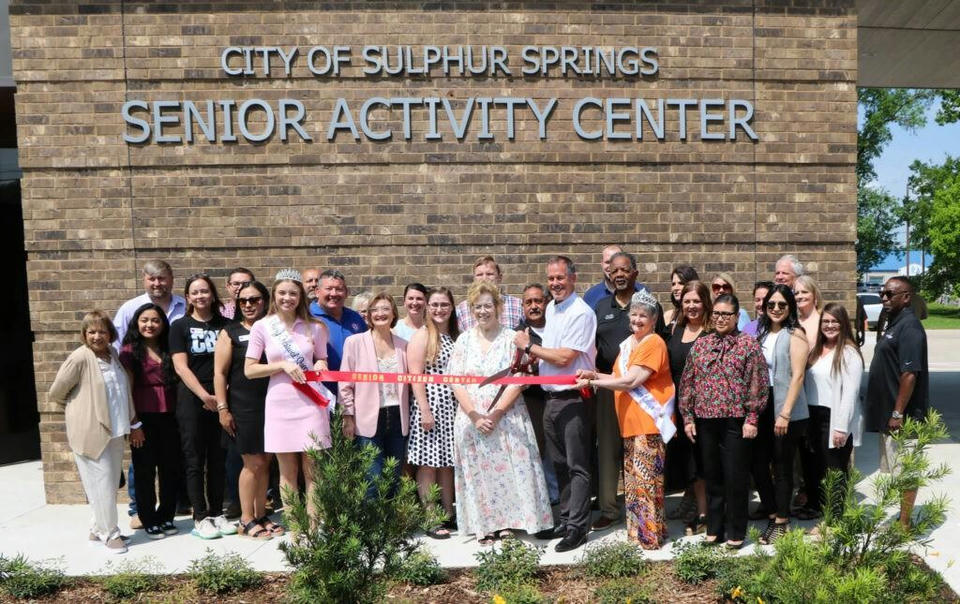Government-Supported Senior Centers: Diverse Services Enhancing Healthy Aging
Seniors aged 60 and above
Government-funded senior activity centers
With the aging population growing rapidly, senior centers have become vital platforms for ensuring the health, social engagement, and quality of life of older adults. The government, through the Older Americans Act (OAA), provides essential funding that enables these centers to offer a wide range of services including nutritious meals, health promotion, transportation, and caregiving support. These efforts address the multifaceted needs of seniors, helping them live healthier and more connected lives.

📌 1) Older Americans Act Funding for Senior Centers Operation
The Older Americans Act (OAA) specifically allocates federal funds to support the operation, acquisition, renovation, and maintenance of multipurpose senior centers. These centers serve as community hubs where seniors can access various programs vital to their well-being. Funding is distributed through State Units on Aging (SUAs) and Area Agencies on Aging (AAAs), which tailor programs to local needs.
The OAA’s primary funding categories include:
| Title | Program Description | Funding Purpose |
|---|---|---|
| III-C | Nutrition Services | Congregate and home-delivered meals |
| III-B | Supportive Services and Senior Centers | Home care, transportation, and social services |
| III-E | National Family Caregiver Support Program | Respite care, counseling, caregiver support |
| V | Senior Community Service Employment Program | Employment opportunities for seniors |
Together, these titles receive 93% of the federal appropriations annually, ensuring sustainable support for senior services across the country.
📊 2) Nutrition Services: Ensuring Healthy Diets for Older Adults
Nutrition Services under Title III-C represent the largest portion of OAA funding, focusing on delivering congregate and home-delivered meals to:
- Seniors aged 60 and above
- Their spouses
- Certain individuals with disabilities living with older adults
- Volunteers assisting during mealtime
These meals provide balanced, nutritious food options designed to improve health, functionality, and quality of life. Senior centers often partner with agencies managing these meal programs to ensure broad reach and consistent delivery. This nutrition support is critical in preventing malnutrition and promoting better health outcomes among older adults.
🔹 3) Supportive Services: Enhancing Comfort and Independence at Home
Supportive services funded under Title III-B aim to help older adults remain safely in their homes for as long as possible. These include:
- Home health assistance
- Personal care
- Transportation options to reduce isolation
Funding also strengthens the infrastructure of SUAs and AAAs—collectively known as the aging network—enabling coordination of comprehensive systems tailored to community needs. By focusing resources on supportive services and multipurpose senior centers, the OAA helps create environments where seniors can thrive with dignity and autonomy.
💡 4) Family Caregiver Support Program: Diverse Services to Alleviate Caregiver Burdens
The National Family Caregiver Support Program (Title III-E) recognizes the crucial role family caregivers play and provides a range of services including:
- Respite care for temporary relief
- Counseling and emotional support
- Supplemental practical assistance
These programs maintain caregiver health, prevent burnout, and ensure sustained care for older adults. Addressing caregiver needs indirectly improves elder care quality and supports family stability.
🏢 5) Success Stories: Innovative Practices and Impactful Outcomes at Senior Centers
Several senior centers nationwide exemplify the effective use of OAA funding through innovative programs:
| Senior Center | Location | Key Programs Supported |
|---|---|---|
| Palatine Township Senior Center | Illinois | Social activities, meal programs, health promotion |
| Rufty-Holmes Senior Center | North Carolina | Nutrition, information services, senior employment |
These centers demonstrate how tailored local approaches, backed by federal funds, successfully meet diverse senior needs, foster community engagement, and enhance older adults’ quality of life.
✅ Summary
Government-supported senior centers funded by the Older Americans Act provide essential, multifaceted services addressing nutrition, health, independence, and caregiving. These programs play a critical role in supporting the growing aging population, helping seniors lead healthier, more connected, and fulfilling lives.
